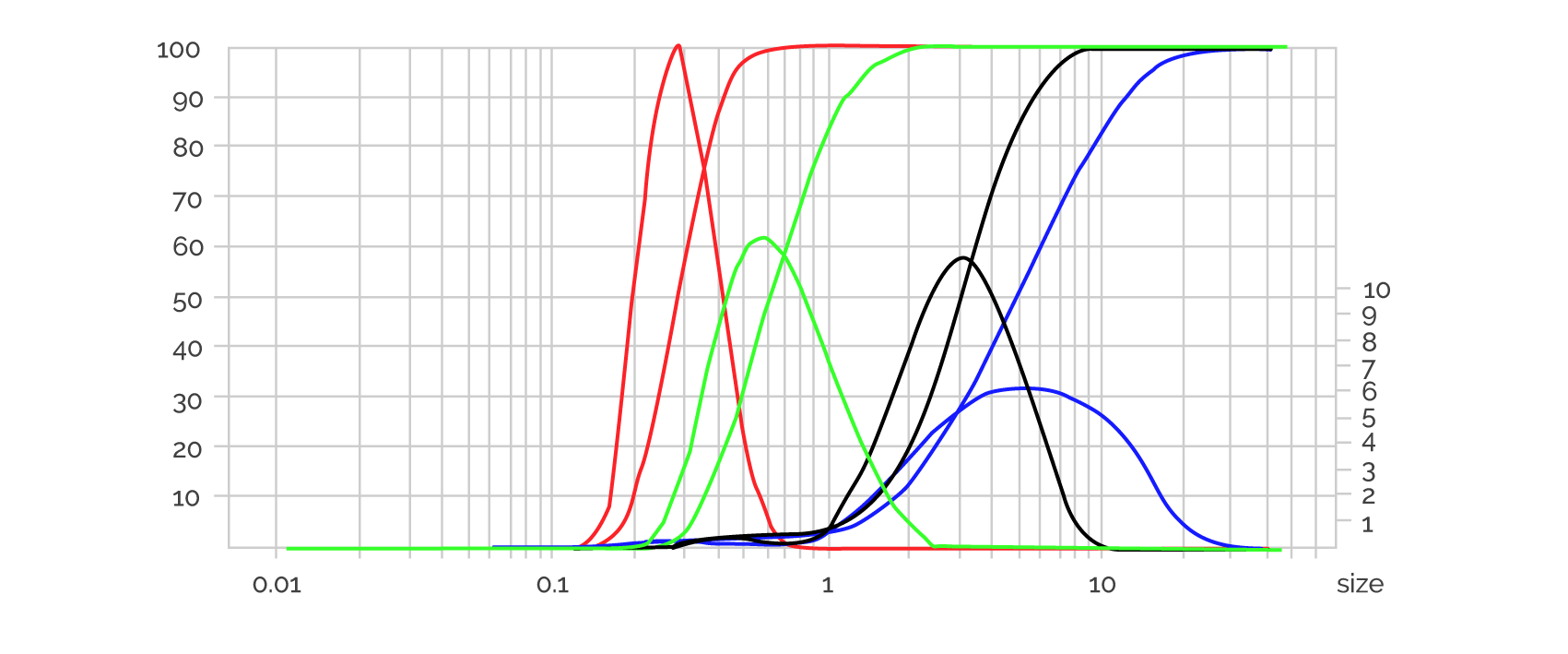Inco was brought to life, over thirty years ago, as a producer of inorganic pigments for the ceramic sector. The production of inorganic ceramic pigments and its declination for pigments for ceramic inks are and remain the technological and innovative heart of the company.
We produce any type of pigment for ceramic ink.
We have high-quality standards and numerous controls throughout the entire production cycle to guarantee constant tone and quality of the pigment first and then of the final ink.
We boast innovative and technological production facilities located in Italy, India, and Russia. We know the ceramic markets, and we are at the side of our customers in choosing the ideal tone depending on the market and application technology.
We can accompany and advise our customers in the formulation and development of ceramic inks to have the best possible color yield, exceptionally performing ceramic inks, and an excellent quality/cost ratio.
The inorganic pigments for ceramic use are synthetic products, deriving from a solid-state reaction process at high temperature (1000-1400 ° C) of mixtures containing transition metal precursors (Fe, Cr, Ni, Co, Mn, Zr, etc.).
This high-temperature process leads to the obtainment of colored crystal structures – spinels, zircons, spines, etc. – which can be used for coloring ceramic glazes or as a solid component for the production of inks.
Pigments for the production of inks have very special needs:
- Low salt content;
- High chromatic intensity: a limited amount of pigment can be introduced as a solid phase;
- Chromatic Gamut: Each pigment requires the maximum specific tonal development;
Ceramic pigment inks are a dispersion between a liquid phase, suitably formulated to guarantee excellent firing and stability performance, and a solid phase consisting of inorganic pigments.
The production of ceramic inks is based on a process of granulometric reduction of the pigment – a ” top-down “ process – through a high-energy milling process, using special mills whose grinding chamber is equipped with microspheres with a diameter of 0, 3-0.4 mm.
During the ceramic ink production process, a homogeneous mixture of solvent and pigment is put into recirculation for several hours through the grinding chamber, where a particular rotor gives high peripheral speed to the grinding spheres. High speed, therefore high energy, bring to the achievement of a granulometric distribution of the inorganic pigment characterized by an average particle value of 250-350 nm and a d99 of 0.8-1.3μm.
Inco offers a wide colorimetric range of performing inorganic pigments for ceramic inks. We know the global ceramic market and can advise our customers in choosing the best pigment and machine configurations.
If necessary, we are able to develop pigments with new/different shades, tailored to meet the demands of our customers.
We are also able to provide complete and customized solutions
for the self-production of inks even for beginners.
The granulometric distribution of the starting pigment plays a fundamental role in the development of a ceramic ink—both in terms of the quality of the ink itself and in terms of a broader discourse regarding capacity and production costs—
Inco offers pigments for ceramic inks with different particle size distributions and provides its customers with assistance and grinding advice not only to obtain high-quality ceramic inks but also to optimize costs and production times.
Why do we offer inorganic pigments with different grain size distributions?
To suggest solutions to the most expert ceramic ink manufacturers, but also to those who, with little experience, want to approach the subject successfully but with limited investments.
Inco offers a wide colorimetric range of performing inorganic pigments for ceramic inks. We know the global ceramic market, and we can advise our customers in the choice of the best pigment and of the machine configurations.
If necessary, we are able to develop pigments with new/different shades, tailored to meet the demands of our customers.
- ICD: Classic pigments for ceramic inks;
- ICK: Pigments for ceramic inks with high particle size distribution;
- ICQ Quick: submicronic pigments for ceramic inks.
